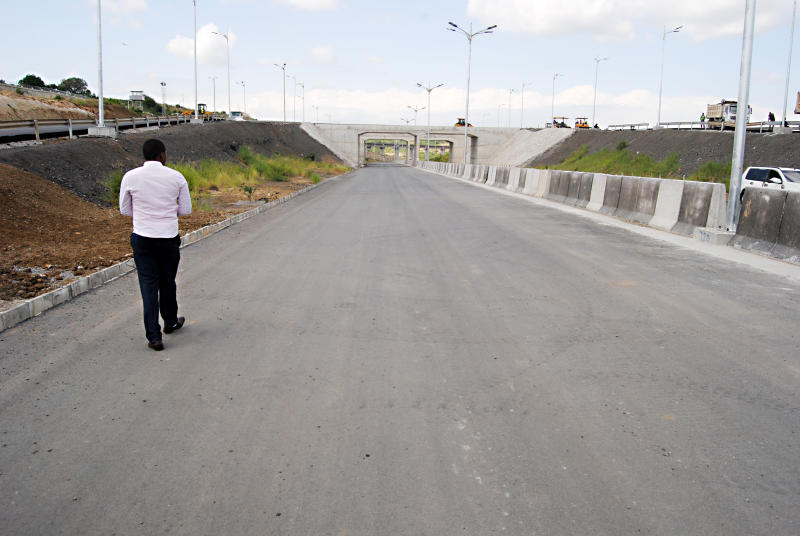×
The Standard e-Paper
Fearless, Trusted News

When the US announced last month that it will fund construction of an expressway between Nairobi and Mombasa, it added swell to the paradox of exactly how much it costs to build a road today.
Projected to cost Sh380 billion ($3.8 billion), the road will join an emerging league of Sh1 billion per kilometre roads. The 466 kilometres expressway has been criticised by economic analysts for being an unnecessary project.